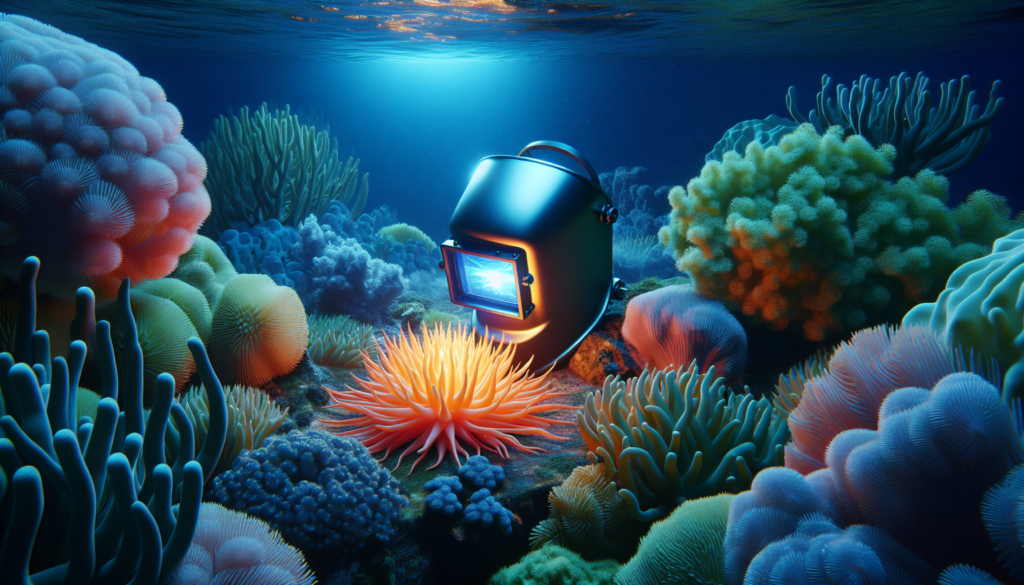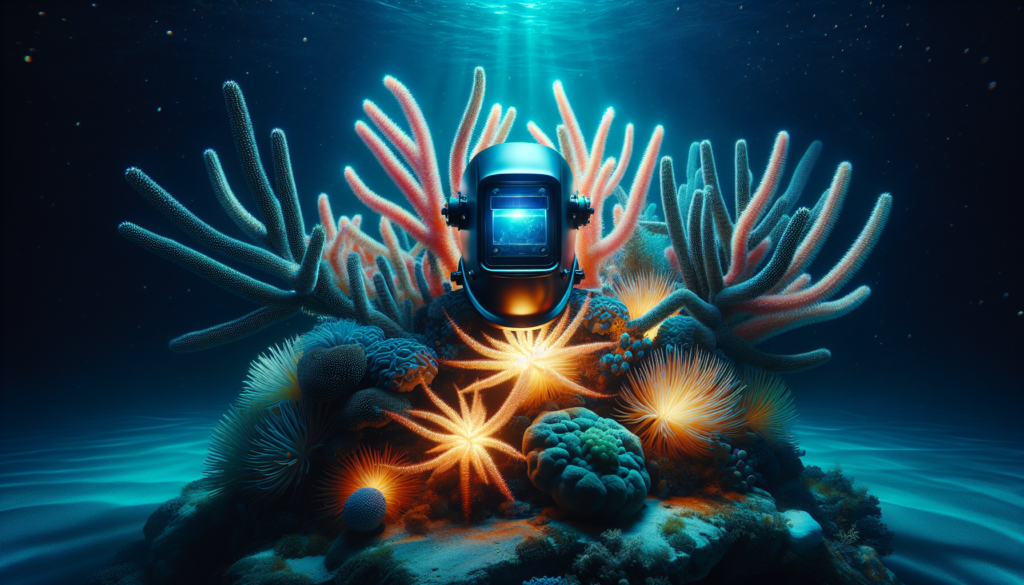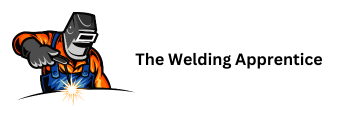Did you know that underwater welding is a career that offers a competitive starting salary? As an underwater welder, you have the unique opportunity to blend your welding skills with the adventure of working beneath the ocean’s surface. Not only do you get to explore the depths of the sea, but you also have the potential to earn a rewarding paycheck right from the beginning of your career. In this article, we will take a closer look at the starting salary for underwater welders and the factors that can influence your income in this exciting field. So, get ready to dive into the world of underwater welding and discover the potential financial rewards that await you.
Factors that Influence Underwater Welding Starting Salary
When considering a career in underwater welding, it’s important to understand the factors that can influence your starting salary. While each individual’s salary may vary depending on their specific circumstances, there are several key factors that commonly come into play.
Experience
One of the most significant factors that can impact your underwater welding starting salary is your level of experience. As with any profession, the more experience you have, the higher your earning potential. When you first enter the field, you can expect to start at a lower salary until you gain more experience and skills. As you accumulate years in the industry and showcase your expertise, you can negotiate higher salaries and ultimately increase your earning potential.
Location
Location is another crucial determinant of underwater welding starting salaries. Different regions or countries have varying demands for underwater welders, which can affect the wages offered. For example, areas with a higher concentration of offshore oil and gas projects may require more underwater welders, resulting in higher salaries. On the other hand, less remote or in-demand locations may offer lower starting salaries due to lower demand or competition.
Certifications
Obtaining the right certifications can significantly impact your starting salary as an underwater welder. Certifications demonstrate your competency and commitment to the profession, making you more marketable and more likely to command a higher starting salary. In addition to basic certifications, pursuing advanced certifications such as hyperbaric welding can open doors to specialized and higher-paying positions.

Education
While a formal education is not always a prerequisite for underwater welding, it can play a role in determining your starting salary. Completing vocational training or pursuing a degree in a related field, such as welding technology or marine engineering, can provide you with a competitive edge and potentially lead to better-paying opportunities. Education can also enhance your understanding of the industry, safety protocols, and technical skills, further increasing your value as a professional.
Company Size and Reputation
The size and reputation of the company you work for can also have a significant impact on your underwater welding starting salary. Established and reputable companies often have larger budgets for employee compensation and are willing to pay higher salaries to attract the best talent. Smaller or lesser-known companies, on the other hand, may have tighter budgets and offer lower starting salaries. However, it’s important to consider factors beyond salary when evaluating job opportunities, such as the company’s safety record, work environment, and growth potential.
Specialization
Specializing in a specific area of underwater welding can also affect your starting salary. Certain specialized techniques, such as hyperbaric welding or pipeline welding, may require additional training and expertise, resulting in higher earning potential. By investing in specialized training and gaining experience in a particular niche, you can position yourself as an expert in the field, which can lead to higher starting salaries and more lucrative opportunities.
Average Underwater Welding Starting Salaries
To have a better understanding of what you can expect as a starting salary in the field of underwater welding, it’s essential to explore the average starting salaries for different categories of professionals.

Newly Certified Underwater Welders
For newly certified underwater welders with little to no professional experience, the starting salary typically ranges between $25,000 and $40,000 per year. Keep in mind that salaries can vary depending on location, demand, and other factors mentioned previously. It’s important to note that starting salaries are often lower due to the need to gain experience and prove oneself in the field.
Experienced Underwater Welders
As an underwater welder with several years of experience, your earning potential increases significantly. Experienced underwater welders can expect starting salaries ranging from $60,000 to $90,000 per year. These higher salaries reflect the value and expertise that experienced professionals bring to projects, particularly those with a strong safety record and proven track record of success.
Offshore Welding
Offshore welding involves working on oil rigs, underwater structures, and other marine installations. Due to the demanding nature of offshore projects and the often longer periods spent away from home, starting salaries for offshore welders are generally higher. Offshore underwater welders can expect starting salaries ranging from $70,000 to $100,000 per year. These higher salaries compensate for the additional challenges and risks associated with offshore work.
Inshore Welding
Inshore welding refers to projects that take place in more localized bodies of water, such as lakes, rivers, or bays. Starting salaries for inshore welders can range from $45,000 to $70,000 per year. While these salaries may be lower than their offshore counterparts, inshore welders often enjoy more predictable schedules, less time away from home, and a potentially lower risk profile.
Tips for Increasing Underwater Welding Starting Salary
If you’re looking to increase your underwater welding starting salary, there are several strategies you can employ to enhance your earning potential and set yourself apart from the competition.
Pursue Advanced Certifications
Investing in advanced certifications is one of the most effective ways to boost your underwater welding starting salary. Specialized certifications, such as those for hyperbaric welding or pipeline welding, can demonstrate your expertise in niche areas of the industry and make you more marketable to potential employers. These certifications often come with higher starting salaries due to the increased demand for specialized skills.
Gain Diverse Welding Experience
Expanding your welding experience beyond underwater welding can open doors to higher-paying opportunities. By gaining experience in related fields, such as structural welding or fabrication, you can broaden your skillset and increase your versatility as a welder. Employers value professionals who can adapt to different environments and projects, which can translate into higher starting salaries.
Network and Build Professional Relationships
Building a strong professional network and fostering relationships within the underwater welding industry can significantly impact your career trajectory and starting salary. Networking can lead to job opportunities, mentorship, and insider knowledge about available positions. By connecting with industry professionals through conferences, trade shows, and online communities, you increase your chances of learning about lucrative job openings and potentially negotiating higher starting salaries.
Consider Relocating
Sometimes, the opportunities for higher starting salaries are geographically bound. Consider exploring job opportunities in regions with high demand for underwater welders or specialized projects. Relocating to an area where there is a shortage of skilled welders can result in higher starting salaries and greater career prospects. However, it’s essential to weigh the potential salary increase against the cost of living and other factors associated with relocation.
Conclusion and Future Outlook
Underwater welding offers a unique and exciting career path, with the potential for high starting salaries and long-term earning potential. While several factors influence starting salaries, such as experience, location, certifications, education, company size and reputation, and specialization, there are strategies to increase your earning potential.
By pursuing advanced certifications, gaining diverse welding experience, networking, and considering relocation, you can enhance your marketability and command higher starting salaries. As the demand for skilled underwater welders continues to grow, it is a promising field with ample opportunities for career growth and financial success.
Remember, starting salaries are just the beginning of your underwater welding journey. As you gain experience, hone your skills, and establish yourself as a reputable professional, your earning potential will likely continue to increase. With dedication, determination, and a commitment to ongoing professional development, your underwater welding career can lead you to a financially rewarding future.
